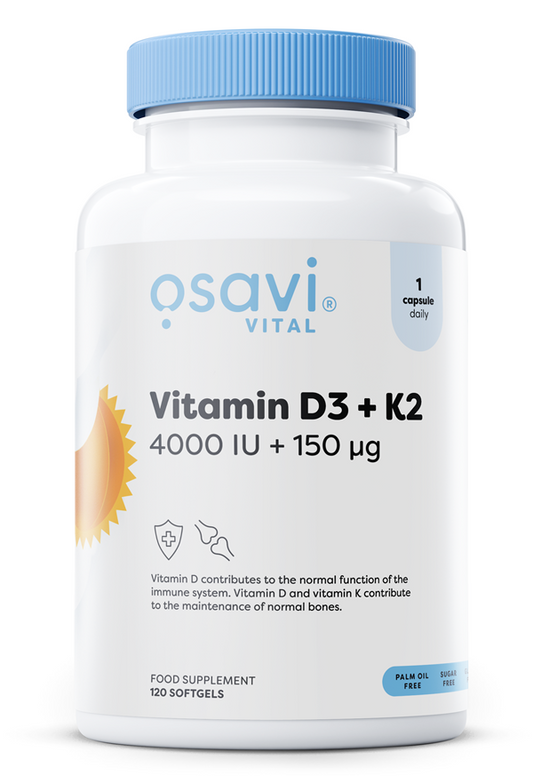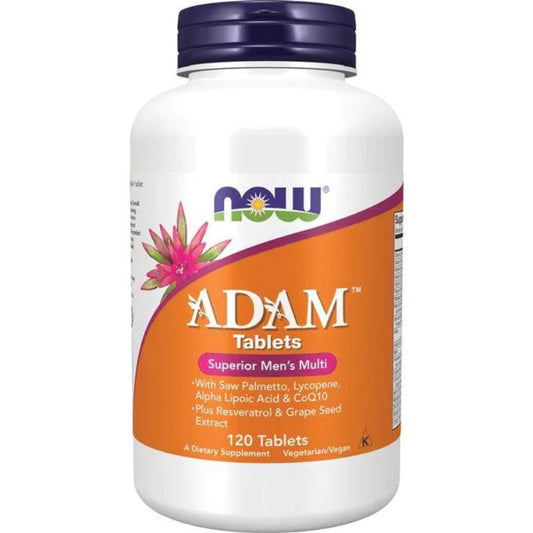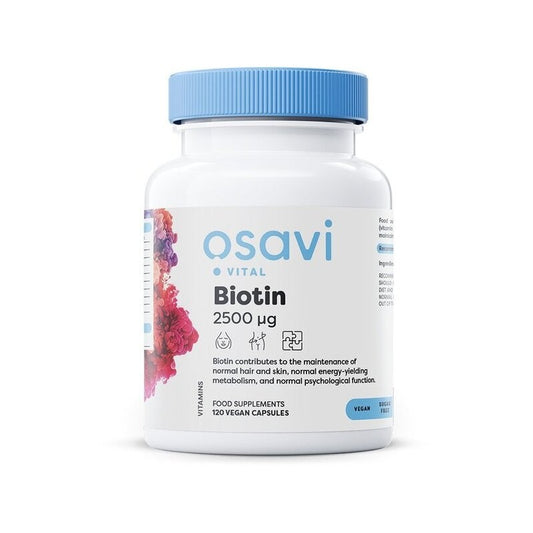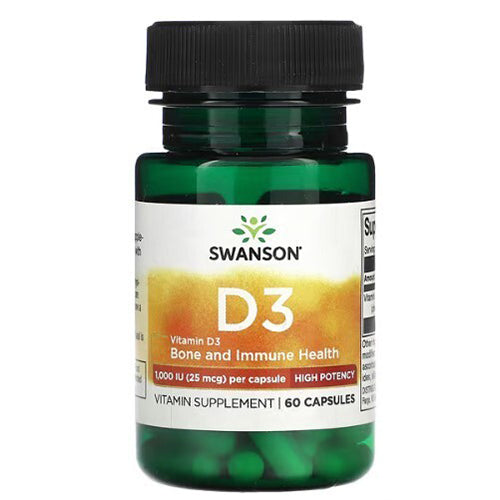
Vitamin K: Essential Nutrient for Wellness and Bone Support
Jakub SkibaVitamin K is a fat-soluble vitamin that plays an important role in overall wellness. It helps the body utilize calcium efficiently, contributing to strong bones and supporting the body’s natural processes. Vitamin K is found in two main forms: Vitamin K1 (phylloquinone), which is abundant in green leafy vegetables, and Vitamin K2 (menaquinone), found in fermented foods and certain animal products. Both forms are important for maintaining general nutritional balance and supporting overall vitality.
This vitamin is essential for everyday wellness routines. While it is sometimes associated with supporting bone strength and the body’s ability to maintain proper blood function, its primary contribution is nutritional: assisting the body in utilizing nutrients effectively and supporting daily health. Vitamin K is naturally present in a wide range of foods, making it accessible through a balanced diet. For those following vegetarian or vegan diets, fermented foods such as natto, miso, and sauerkraut provide a good source of Vitamin K2, while green vegetables supply Vitamin K1.
This article highlights the functions of Vitamin K, natural food sources, recommended daily intake, and practical tips for incorporating it into a healthy lifestyle. By including Vitamin K-rich foods in your diet, you can support overall wellness, bone strength, and nutritional balance as part of a consistent wellness routine.
Key Roles of Vitamin K
Nutrient Utilization and Wellness
Vitamin K helps the body utilize calcium and supports general nutritional balance, making it an important part of a healthy diet.
Bone Support
Vitamin K contributes to maintaining bone strength and wellness by supporting the activity of key proteins involved in bone structure.
Everyday Health
Vitamin K supports overall wellness through its role in nutrient metabolism and daily health maintenance.
Food Sources of Vitamin K
Plant-Based Sources (Vitamin K1)
-
Kale, spinach, collard greens, and other leafy greens
-
Broccoli and Brussels sprouts
-
Green cabbage
-
Carrots
-
Avocados
-
Soybean and canola oils
Animal-Based and Fermented Sources (Vitamin K2)
-
Natto (fermented soybeans)
-
Egg yolks
-
Chicken liver
-
Grass-fed meats
-
Cheese (hard varieties like Gouda and Edam)
-
Fermented foods (kimchi, miso, sauerkraut)
Recommended Daily Intake of Vitamin K
|
Age Group |
Daily Recommended Amount (mcg) |
|
Infants (0–6 months) |
2 |
|
Children (1–3 years) |
30 |
|
Children (4–8 years) |
55 |
|
Children (9–13 years) |
60 |
|
Teens (14–18 years) |
75 |
|
Adults (19+ years) |
90 (women), 120 (men) |
|
Pregnant/Breastfeeding women |
90 |
Vitamin K is stored in fat tissue, so excess intake from foods is unlikely to cause toxicity. Including Vitamin K-rich foods regularly helps maintain steady levels and supports overall wellness.










